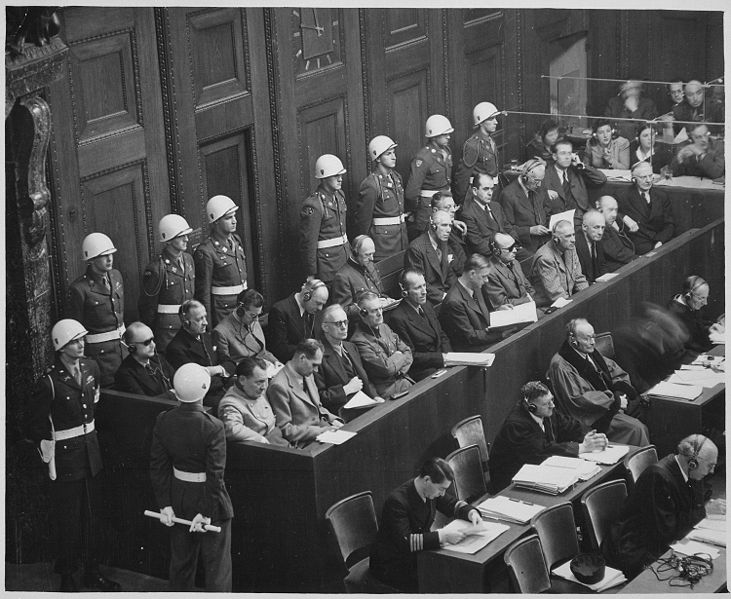Why do we need a trial for the Iraq War?
A trial creates a factual record. Part of the importance of trials after a war — whether it was the Nuremberg Trials after World War II or the trials which took place after Yugoslavia and Rwanda — is that evidence can be gathered and recorded. Witnesses can give testimony. Documents can be examined and submitted before a judge. This, in turn, gives historians the ability to examine what actually happened.
This type of fact finding has been absent for the Iraq War. Today, no one knows what leaders thought or knew when they claimed there were weapons of mass destruction. There is documented evidence that key members of the Bush Administration — people like Donald Rumsfeld and Paul Wolfowitz — publicly advocated for war against Iraq as early as 1998. Given these questions, a trial is required to simply uncover the facts.
A trial ensures accountability. The Executive, the Legislative and the Judicial branches are designed to check and balance the other and ensure accountability.
On the issue of the Iraq War, there has been no accountability. The Executive Branch has failed to properly investigate potential violations of law related to the Iraq War (in fact President Obama has indicated he will not investigate questions regarding potential Bush-era violations of law). The Legislative Branch has failed to properly investigate potential violations of law.
Only the third and final branch has the ability to investigate what happened 10 years ago.
The Revolution was fought because a king refused to be accountable to the people. American leaders — even former Presidents — are not kings, and our legal tradition entitles the people to hold leaders accountable should there be evidence of wrongdoing.
Requesting a trial is a fundamental right of the People. Any person who claims to suffer injury is entitled by ancient right to seek redress before a court.
Over 800 years ago, Clause 61 of Magna Carta gave the barons the right to petition the king for redress for any breach of that Charter.
The English Bill of Rights of 1689 similarly provided, “[I]t is the right of the subjects to petition the king, and all commitments and prosecutions for such petitioning are illegal.”
In the Declaration of Independence, the Framers highlighted the infringement of their right to petition for redress as a reason for the Revolution: “In every stage of these Oppressions We have Petitioned for Redress in the most humble terms: Our repeated Petitions have been answered only by repeated injury. A Prince, whose character is thus marked by every act which may define a Tyrant, is unfit to be the ruler of a free people.”
The right to petition is protected by the First Amendment to the federal Constitution. In United States v. Harriss, 347 U.S. 612, 635 (1954), the US Supreme Court affirmed, “The First Amendment forbids Congress to abridge the right of the people ‘to petition the Government for a redress of grievances.’” In Eastern R. Conf. v. Noerr Motors, 365 U.S. 127, 138 (1961), the Supreme Court similarly concluded, “The right of petition is one of the freedoms protected by the Bill of Rights.”
It is fundamental right and basic American value for individuals to petition a court for redress of harms. This is true if the harm is caused by a neighbor, a stranger, or by a former leader.
A trial will uncover the truth. The American legal system is premised on the idea that a proper trial, with rights afforded to defendants, consistent with robust due process protections, will reveal truth. There are too many questions regarding the lead-up to the war that need to be answered. A trial will help answer such lingering questions.
A trial will promote both justice and right. How little trust there is today concerning the political process, or between political parties! The reason for cynicism and distrust is because there is no faith that leaders are doing the right thing; no faith that leaders are held accountable when they do the wrong thing; and no faith that the system will promote fairness and justice.
A trial corrects these perceptions: It is the least that the American people deserve after a war that has killed so many and destroyed so much.
